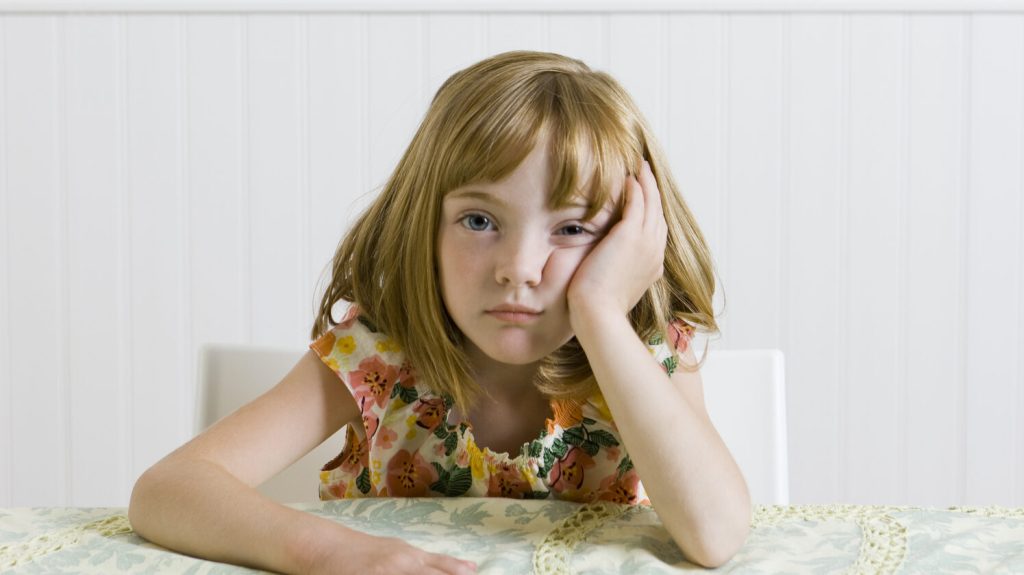In today’s fast-paced world, children’s schedules are packed from dawn until dusk: school lessons, homework, language classes, sports training, and various extracurricular activities. While keeping youngsters busy may seem beneficial, it often robs them of priceless moments of idle time—those unstructured periods when creativity blooms, emotions are processed, and self-discovery takes place. This summer, rather than cramming every minute with structured fun, parents can help their children embrace the art of “sweet doing nothing,” fostering balance, resilience, and genuine well-being.
The Hidden Risks of Overscheduling
Pedagogist Dr. Giovanna Giacomini warns that relentless calendars can lead to:
- Performance anxiety: When every moment becomes a task to conquer, children internalize pressure to excel rather than enjoy activities for their intrinsic value.
- Reduced creativity: Constant programming leaves no room for spontaneous play, a fertile ground for imagination and innovative thinking.
- Emotional suppression: Boredom and idle moments are essential for processing feelings; without them, children struggle to identify and express emotions.
- Diminished autonomy: Over-control prevents kids from learning to navigate challenges independently, limiting their problem-solving skills.
By filling every hour, parents inadvertently train children to rely on external schedules rather than their own curiosity and initiative.
Why Idle Time Matters for Development
Allowing periods of downtime isn’t just about relaxation—it’s a developmental necessity. Through “sweet doing nothing”:
- Children develop executive function as they plan their own play and make independent choices.
- Moments of quiet reflection foster emotional intelligence, helping kids recognize and label their feelings.
- Imagination soars when there are no preset agendas—children invent games, scenarios, and stories entirely from their own minds.
- Stress levels decrease as kids learn to tolerate moments of boredom, building resilience against anxiety.
Long summer days offer the perfect canvas for these experiences, if parents dare to step back.
Practical Strategies for Parents
Dr. Giacomini suggests a three-part approach—“Together,” “Alone,” and “Nothing”—to restore balance:
- Shared Activities: Plan family moments like cooking together, spontaneous nature walks, or evening stargazing. These create bonds and lifelong memories.
- Independent Play: Provide safe spaces and basic materials—paints, building blocks, or simple craft supplies—and let children explore without instructions.
- Sweet Doing Nothing: Schedule pockets of pure downtime each day—an hour where no screens, no apps, and no structured games are allowed.
By alternating these experiences, children learn to appreciate both social engagement and self-guided exploration.
Overcoming Parental Anxiety
Many parents fear that unstructured days equate to wasted time. To overcome this mindset:
- Reflect on your own childhood: recall moments of boredom that led to your favourite memories—catching fireflies, building blanket forts, or daydreaming in the garden.
- Set a gentle alarm as a visual cue for downtime, signalling to both child and adult that it’s okay to pause.
- Share your own experiences of relaxation—read a book alongside them or engage in a simple puzzle together.
Shifting from “fill every minute” to “cherish each moment” requires parental permission as much as it does for the child.
Summer Inspirations for “Sweet Doing Nothing”
Transform the long days into a playground of calm inspiration:
- Nature Journaling: Encourage children to sketch leaves, clouds, or insects in a small notebook—no rules, just discovery.
- Backyard Camping: Pitch a tent or lay blankets outdoors. Let them listen to evening cricket songs and inhale the night air.
- Cloud Watching: Lie on a blanket and name shapes in the drifting clouds, narrating imaginative stories together.
- Rock and Shell Collecting: At the beach or a park, gather small stones and shells—arrange them by colour or size and display them.
These low-key “activities” encourage observation, patience, and a deep appreciation for simple pleasures.
Nurturing a Healthy Rhythm Beyond Summer
While summer offers a natural invitation to slow down, the principles can extend into the school year:
- Maintain weekly downtime slots—even after busy days or extracurriculars.
- Rotate “no plan evenings” where the family unplugs and enjoys board games, storytelling, or silent reading.
- Revisit the three-part model—shared, solo, and restful moments—during weekends and school breaks.
Cultivating these habits reinforces children’s ability to pause, reflect, and innovate—skills vital for emotional health and lifelong happiness.
Embrace the Art of “Doing Nothing”
In a culture that worships productivity, teaching children the value of unstructured time is an act of rebellion—and compassion. By granting them the gift of boredom and freedom, parents plant seeds of confidence, resilience, and creativity. This summer, let’s turn “sweet doing nothing” into the most treasured family ritual of all—one that may, in fact, change lives for the better.
